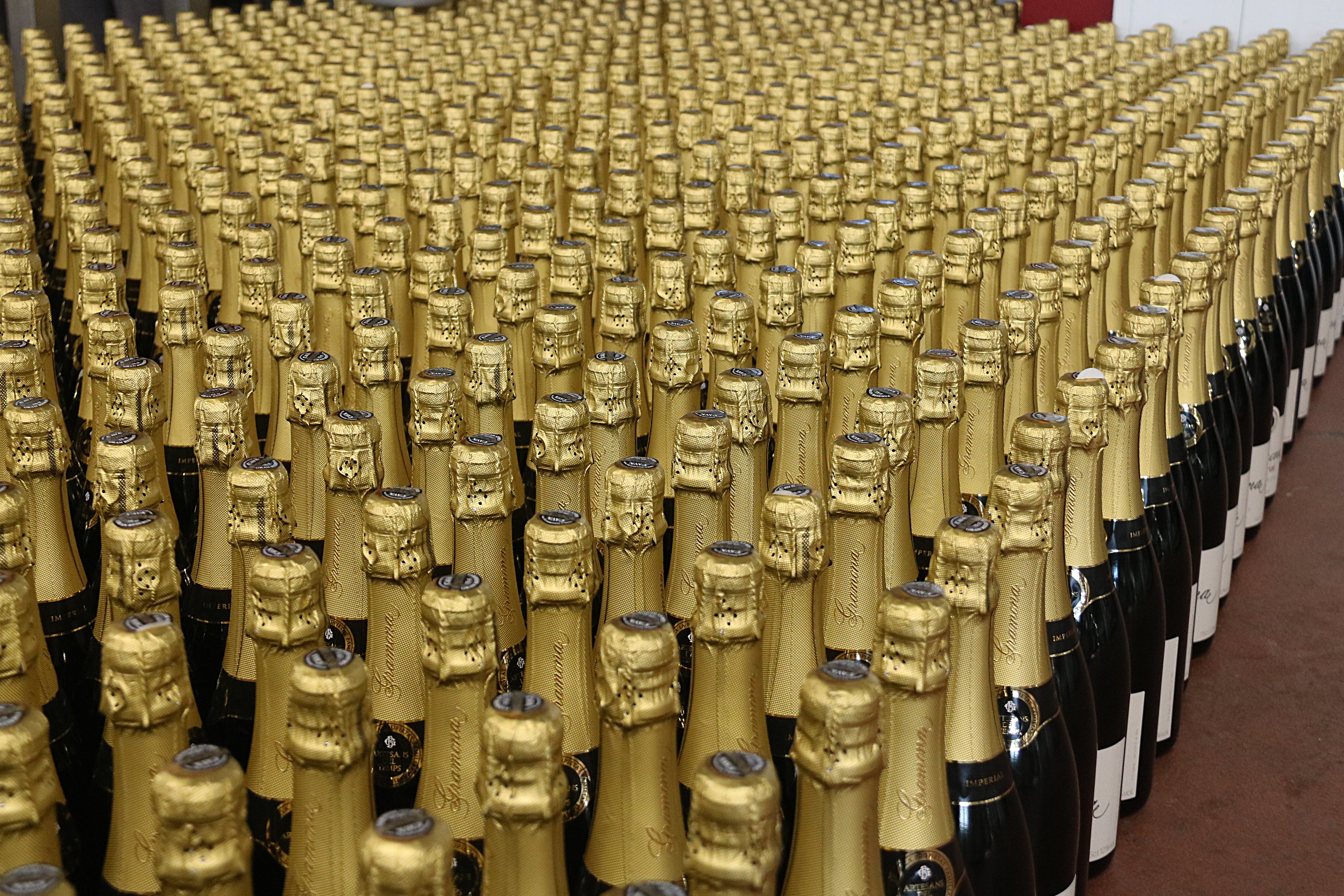PIMECAVA, the trade association of small and medium producers of cava, Catalan sparkling wine, isn't worried that the current political context might affect sales over the holiday season. Their president, Xavier Nadal, says that the "intelligent consumer knows how to separate the wheat from the chaff" and that, unlike in 2005, when there was a boycott over the reform to Catalonia's Statute of Autonomy, "no significant impact is predicted" on the sales during this key period of the year. The first six months of this year, in fact, saw sales rise 6% with respect to the first six months of last year, with an effect especially noted on Premium cava, which saw a 17% increase in sales.
Nadal also highlighted the growth in exports by small and medium producers, describing it as "great news". As an example, he indicated that the number of companies exporting to a market as important as Germany has gone from 58 to 90 with the trend still pointing upwards.
The precedent
The fears of a cava boycott have revived over the independence process. In 2005, a boycott campaign was promoted in Spain over the approval of the new Statute of Autonomy which centred on one typically Catalan product: cava. Despite the sector's companies never having taken a pro-self-determination position, they are identified by Spanish consumers as Catalan businesses.
The boycott campaign had actually started to take shape over Christmas 2004, after controversial statements made by the then-leader of ERC (Catalan Republican Left), Josep-Lluís Carod-Rovira, but too late to cause any noticeable effect that year.
A year earlier, in 2003, the Grupo Leche Pascual dairy company stopped buying from Catalan farmers because the Catalan government refused to accept one of their products as a yoghurt. Catalan consumers organised a counter-boycott which saw Pascual's sales drop by between 15 and 20% in Catalonia. They started buying from Catalan farmers again soon after.

